Science Update: Extended breastfeeding linked to higher hormone levels and later menopause onset
Women who breastfed for two years or longer had higher blood levels of anti-Müllerian hormone and later onset of menopause, compared to women who breastfed for one month or less, according to an
NICHD-supported analysis. The findings also suggest that previously observed relationships between menopause timing and the number of times a woman gave birth may be largely attributable to breastfeeding.



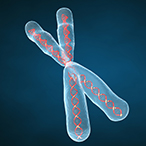

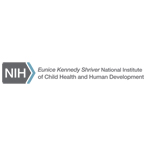

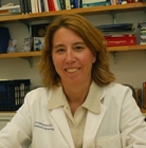
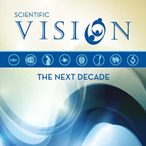
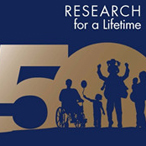
 BACK TO TOP
BACK TO TOP